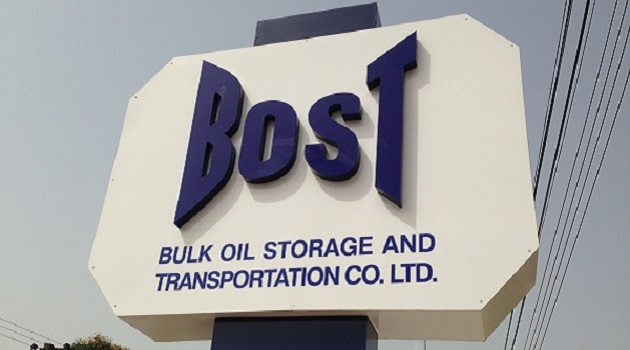ACCRA, Ghana — Ghana’s national security agencies are pursuing the directors of 44 oil marketing companies (OMCs) that have disappeared, owing nearly 60 million Ghanaian cedis (approximately $4.7 million USD) in unpaid levies to the Bulk Oil Storage and Transportation company (BOST), recently rebranded as Bulk Energy Storage and Transportation Limited (BEST).
Dr. Edwin Provencal, Chief Executive Officer of BEST, confirmed that these companies collected levies and margins from the sale of petroleum products but failed to remit the funds to BOST as required by law. The Auditor General’s 2023 audited accounts corroborated this information.

“When petroleum products are purchased, the BOST margin is supposed to be collected by Oil Marketing Companies and remitted to the National Petroleum Authority for onward transmission to BOST,” Provencal explained. “However, these OMCs collected the funds and did not remit them.”
The situation has escalated to a point where the companies can no longer be traced, prompting government intervention. “As we speak, we are in court with about 26 of them for them to pay the money,” Provencal stated. “For the rest, the companies are dead. Hopefully, with the power of government, we can raise the veil and go after the directors.”
BEST has engaged multiple avenues to recover the funds, including involving the Economic and Organised Crime Office (EOCO) and hiring a debt collection company. Provencal emphasized the gravity of the situation, noting, “They set up companies, they rack up the BOST margin, they use it for their personal interest and they kill the company.”
The case highlights ongoing challenges in Ghana’s petroleum sector, particularly in the collection and remittance of government levies. It also underscores the difficulty in holding companies accountable when they dissolve or disappear after accruing significant debts.
Legal experts suggest that the government’s pursuit of company directors personally could set a precedent for future cases involving corporate debt to state entities. The concept of “lifting the corporate veil” to hold directors accountable for company debts is not new but is often challenging to implement.
The Ghana Revenue Authority and the Ministry of Finance have not yet commented on the potential impact of these unpaid levies on the national budget or fuel pricing strategies.
Industry analysts point out that such large-scale non-payment of levies could have ripple effects on Ghana’s energy sector, potentially affecting infrastructure maintenance and development funded by these levies.
As the case unfolds, it raises questions about regulatory oversight in Ghana’s oil marketing sector and the effectiveness of current systems for collecting and managing industry levies. The outcome of this pursuit and any resulting prosecutions could have significant implications for corporate governance and accountability in Ghana’s energy industry.
The Ghana Oil Company (GOIL), the country’s largest oil marketing company, has distanced itself from the controversy, stating that it consistently complies with all regulatory requirements and levy payments.
Credit: myjoyonline.com



